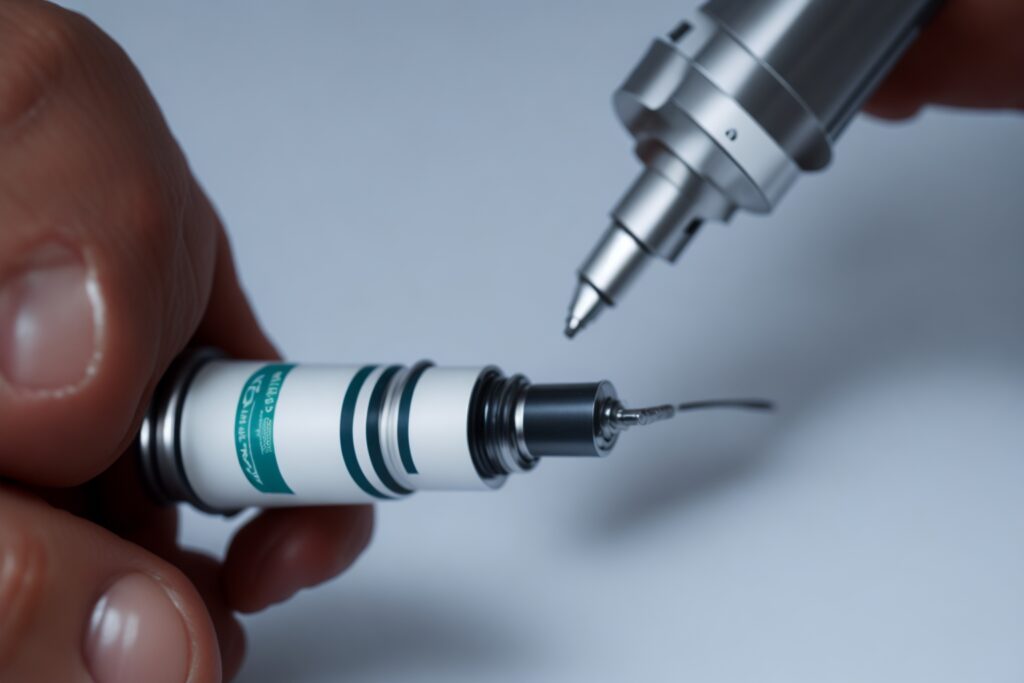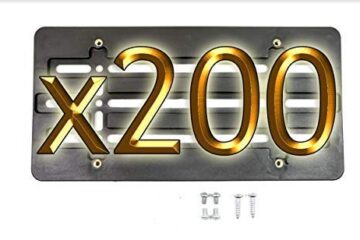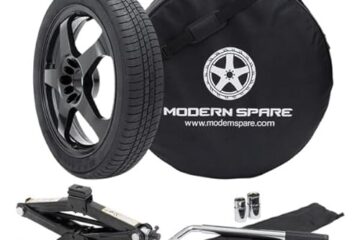Bulb Grease Vs Dielectric Grease: Which One Works Better?
Bulb grease is specifically designed to enhance the performance of electrical connections in light bulbs, while dielectric grease serves as a non-conductive sealant for electrical connections. Bulb grease and dielectric grease are two similar yet distinct products used for electrical applications.
They are both designed to protect electrical connections from moisture, corrosion, and other types of damage. However, they have differing functions. Bulb grease is a specialized product for light bulbs and is used to enhance conductivity and thermal transfer between the bulb and socket.
Dielectric grease, on the other hand, is a non-conductive sealant used to provide a barrier against moisture and corrosion while allowing for electrical current flow. This article will discuss the differences between bulb grease and dielectric grease and provide guidance on which product to use for specific applications.
Understanding Bulb Grease And Dielectric Grease
Bulb grease and dielectric grease are both types of lubricants often used in automotive lighting systems. As the name implies, bulb grease is specifically formulated for enhancing the performance of bulbs, including headlight bulbs, brake lights, and turn signal bulbs.
It contains special additives that help to prevent corrosion and extend bulb life. On the other hand, dielectric grease is a bit more versatile and is commonly used to protect electronic components from water and other types of contamination. It doesn’t conduct electricity, making it ideal for use on spark plug wires and other electrical connectors.
Both types of grease have their particular properties and uses, so it’s essential to understand the difference when choosing which type of grease to use in your vehicle.
The Pros And Cons Of Bulb Grease
Bulb grease and dielectric grease are both commonly used in automotive electrical systems. Bulb grease is a thick, white or clear grease that is designed to prevent corrosion and protect bulbs from moisture. The advantages of bulb grease are that it can extend the life of bulbs, prevent electrical shorts, and is easy to apply.
However, the disadvantages are that it can attract dirt and debris, and if too much is applied, it can cause the bulb to overheat. In contrast, dielectric grease is a silicone-based grease that is designed to be an insulator and protect electrical connections.
Its advantages are that it is waterproof, heat resistant, and can prevent corrosion. However, the disadvantages are that it can be difficult to remove and can cause components to slip out of place if over-applied.
The Pros And Cons Of Dielectric Grease

Dielectric grease is a type of lubricant used in electrical connections. One of its biggest advantages is its ability to prevent corrosion. The grease is non-conductive, so it helps to keep moisture and other contaminants from entering the connection. Dielectric grease also has a high heat resistance, which makes it ideal for use in high-temperature applications.
However, there are some disadvantages to using dielectric grease. For example, it can be messy and difficult to remove. Additionally, using too much grease can lead to poor electrical conductivity. Despite these drawbacks, dielectric grease remains a popular choice among mechanics and electricians alike.
Its ability to prevent corrosion and protect electrical connections from damage make it an essential tool for any professional in the field.
Comparison Between Bulb Grease And Dielectric Grease
Bulb grease and dielectric grease are both used in various electrical applications. Bulb grease is a viscous lubricant that provides a protective film over the contacts. Dielectric grease, on the other hand, is insulating and helps to prevent moisture. In terms of features, bulb grease is thicker and comes with a nozzle for easy application.
Dielectric grease has a lower viscosity and often comes in a tub or a tube. When it comes to compatibility, bulb grease is widely used in vehicles, while dielectric grease is commonly found in marine and outdoor electrical systems. In terms of performance, both are heat resistant, but dielectric grease has a higher dielectric strength.
Ultimately, the choice between bulb grease and dielectric grease depends on the specific application in question.
Selecting The Right Grease For Your Electrical Connections
When choosing grease for electrical connections, it’s important to consider several factors. Both bulb grease and dielectric grease are commonly used for different applications. Bulb grease is typically best for high-temperature connections such as headlight bulbs, whereas dielectric grease is better suited for low-voltage connections such as battery terminals.
To properly apply grease, avoid over-applying, and ensure surfaces are clean and dry beforehand. Additionally, do not mix different types of grease. Proper selection and application of grease will result in an extended lifespan and improved performance of electrical connections.
Frequently Asked Questions For Bulb Grease Vs Dielectric Grease
What Is Bulb Grease Used For?
Bulb grease is used to protect electrical connections from corrosion and enhance conductivity.
What Is Dielectric Grease Made Of?
Dielectric grease is made of silicone oil and thickener and is non-conductive and waterproof.
Can Dielectric Grease Be Used On Light Bulbs?
Yes, dielectric grease can be used on light bulbs to prevent corrosion and enhance conductivity.
Conclusion
After a thorough comparison between bulb grease and dielectric grease, it is safe to conclude that both have their own set of advantages and disadvantages. Bulb grease works best for lower temperature applications, while dielectric grease can handle higher temperatures.
If you’re dealing with a standard wiring system, bulb grease could suffice by providing good moisture protection. On the other hand, if you’re dealing with more sensitive electrical components, such as oxygen sensors or mass air flow sensors, dielectric grease is the definite choice.
In terms of cost-effectiveness, bulb grease is more affordable, while dielectric grease can be slightly more expensive. Regardless of which type of grease you choose, the most important takeaway is that regular maintenance and proper application will ensure your electrical connections are well-protected and have a longer lifespan.
Ultimately, the best choice will depend on your specific usage and preference.





0 Comments